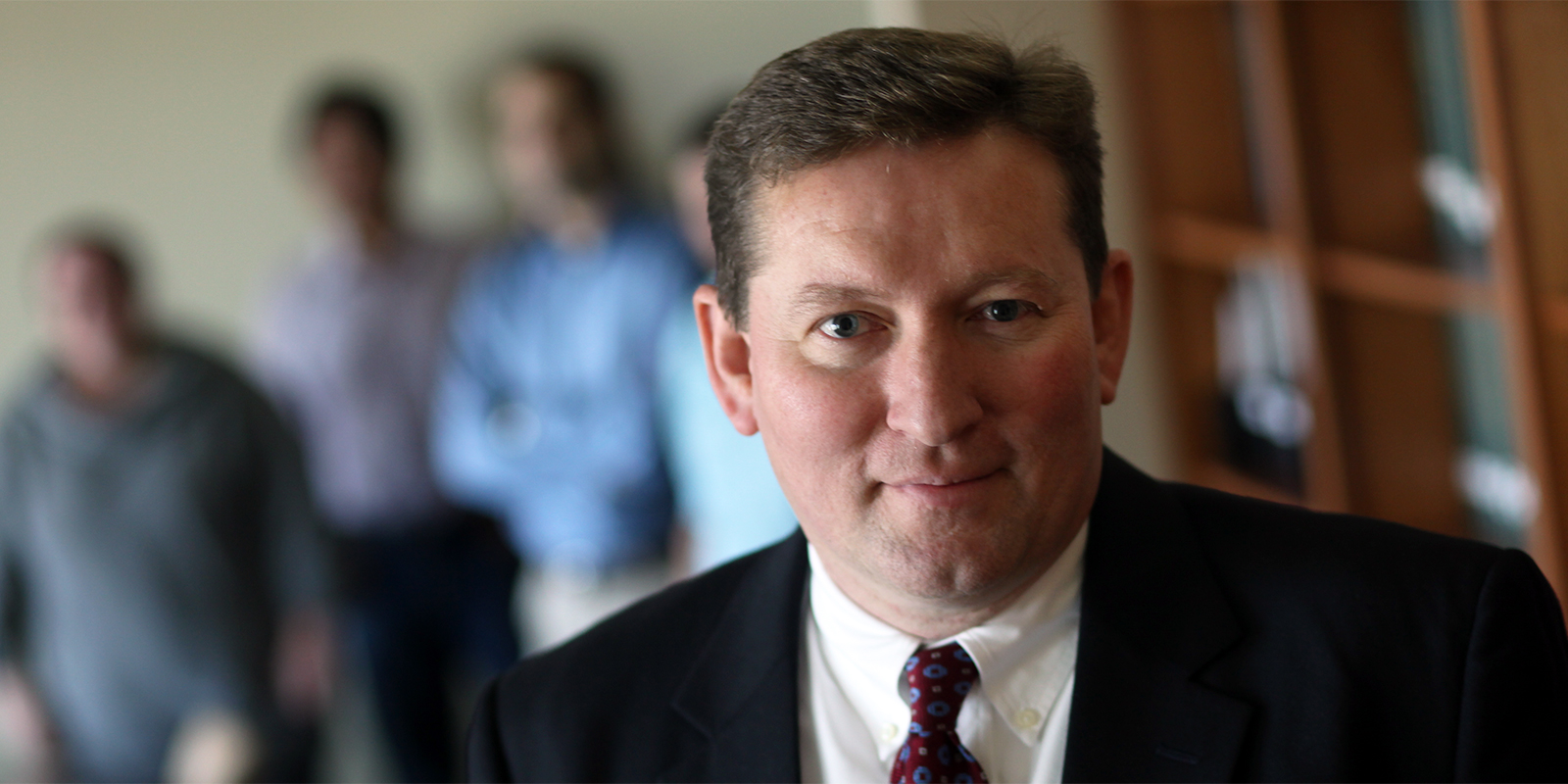Meet Baylor’s nationally recognized expert on water quality and environmental science

Long before he became a distinguished professor and a national leader in the study of environmental science, Bryan Brooks was simply a child fascinated by his grandfather’s experiences. His grandfather, a missionary the Philippines, told young Bryan stories of service, such as how they drilled wells to supply clean water for smaller communities upstream from urban areas.
Today, Dr. Brooks models that service through his own calling as distinguished professor of environmental science and biomedical studies and director of Baylor’s environmental health science program. In those roles, Brooks has become a nationally recognized expert in water quality, sustainability, public health and more.
As the world becomes increasingly urban — projections, he says, paint a picture of a planet with 70% of residents living in urban areas — water quality and usage are impacted. Human activity, waste and other factors will necessarily bring consequences; Brooks, along with his students and colleagues, are taking a leading role in understanding and solving those issues.
That focus on water quality and health naturally lends itself to cross-disciplinary research. From an examination of the impact of algal blooms on water and public health to research devoted to developing chemicals that are less harmful to the environment, Brooks’ research interests have led him from laboratories to rivers and streams to large cities in search of solutions.
Other have taken notice. Brooks serves as editor-in-chief of the journal Environmental Management, and he co-authored more than 20 academic publications in the last year alone. He’s also received awards for his work from the U.S. Environmental Protection Agency, National Environmental Health Association, Water Environment Federation, Society of Environmental Toxicology and Chemistry, and others.
Those myriad duties, impressive as they may be, tell only part of the story. A purposeful mentor, Brooks invests in his students, both graduate and undergraduate, by including them in meaningful research.
“Research,” says Brooks, “is the purest form of teaching and mentoring.”
Students, even as young as freshmen, participate in research projects with Brooks that empower them to take the baton, prepared to further study the interaction between water and public health in a changing world.
Sic ’em, Dr. Bryan Brooks!

